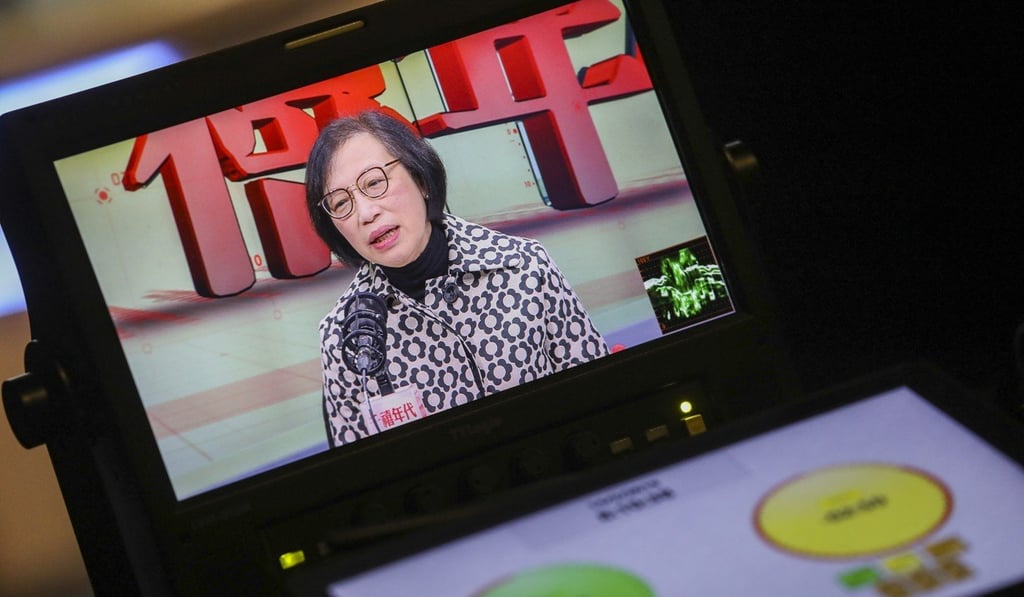Opinion | Hong Kong’s bizarre e-cigarettes ban will boost traditional tobacco products rather than reduce smoking
- Alice Wu says a ban on the sale, but not use, of e-cigarettes will only push young people to black markets, or perhaps to traditional tobacco products that may well be even less healthy

The kicker, of course, is that the government says the ban is needed and justified so that people, especially minors, are not encouraged and misled into smoking. So, obviously, the greater evil is traditional tobacco products, yet the government sees banning the lesser evil as sufficient. We don’t want you to smoke, and since e-cigarettes may encourage that, we are banning e-cigarettes but not traditional cigarettes. That is the reasoning behind the ban; how absurd.
And our policymakers must have forgotten what adolescence is all about: usually, the more that adults “ban” something, the greater the incentive to do what is not allowed.
Even more convoluted is that the government’s ban doesn’t prohibit the use of e-cigarettes. The reasoning is that it isn’t trying to punish users. Yet, in fact, it is: the ban will just encourage people to buy from the black market that will flourish. And, ultimately, the government’s goal of discouraging the habit won’t see vapers stop smoking. Rather, they may well turn to traditional cigarettes.
It’s a wonder that government officials can keep a straight face explaining it all. And, I can’t help but wonder what policymakers had been smoking when they came up with this logic- and sense-defying non-ban ban.

